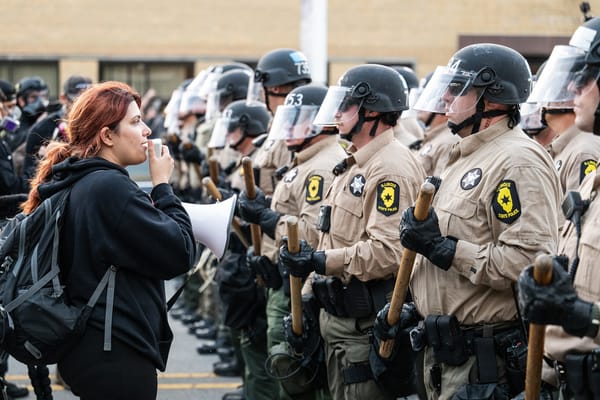Elon's debt
Lots has been written about whether Elon Musk can sustain Twitter based on the amount he’s saddled it with.
The $44 billion acquisition was the largest leveraged buyout of a technology company in history. To do the deal, Mr. Musk, the world’s richest man, loaded about $13 billion in debt on the company, which had not turned a profit for eight of the past 10 years.
[…] Last year, Twitter’s interest expense was about $50 million. With the new debt taken on in the deal, that will now balloon to about $1 billion a year. Yet the company’s operations last year generated about $630 million in cash flow to meet its financial obligations.
Assuming it’s not all some kind of ludicrous tax avoidance scheme, the most convincing argument I’ve seen about how he might overcome this was in Fortune:
If you want more evidence that Musk’s Twitter purchase is a payments play, look at some the people he has brought in to help him: Binance founder Changpeng Zhao; David Sacks, another PayPal Mafia member who is deeply involved in crypto; as well as Sriram Krishnan, who invests for a16z Crypto and who has an Ethereum address in his Twitter handle. Does this sound like the makings of a political and media operation—or one for payments?
If Twitter really is a way to bootstrap an international frictionless payments network - and it’s kind of an outside chance - I can see an argument for the numbers beginning to work. He’s already declared that he’ll quintuple revenue while reducing Twitter’s reliance on advertising. I don’t think charging $20/month for verification will bring that in. Payments might.
There’s a clue here in Twitter’s history, too: what if this had been Jack Dorsey’s plan, and he just couldn’t quite pull it off with the company’s board? That would explain his strategy to split CEO duties with the payments company formerly known as Square, his continued voting ownership in the newly-private Twitter, and the allyship between him and Musk.
There are still unanswered questions here: how does Bluesky fit in, for example? (I think it’s probably a red herring.)
Regardless of Twitter’s future as an actual community to participate in - it’s gone downhill, fast - I’m fascinated by what will happen next to the company. I’m not bullish, but there’s much more underlying strategy here than meets the eye.


